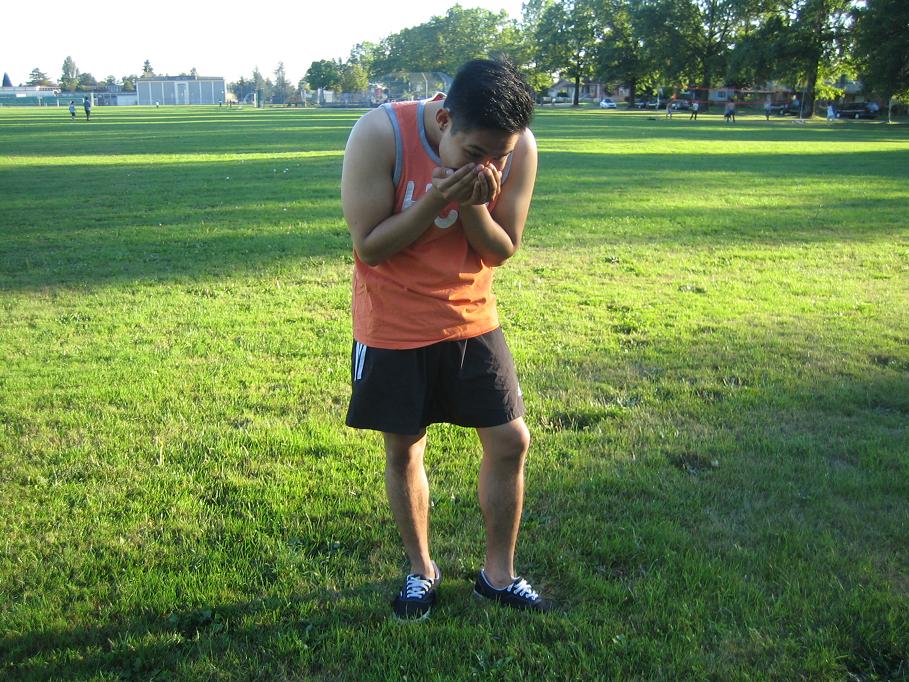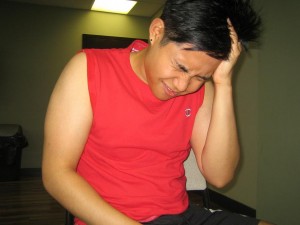Cold sores are often present on the lips or the skin around the mouth, such as on the nose or on the chin. Cold sores are due to an infection as a result of the herpes simplex virus. The infection can occur at any stage in life, however, most people acquire it when they are young and they deal with this for the rest of their lives. Many people experience signs of fever, swollen glands and blisters.
Symptoms of primary HSV infection
When a person is first infected with the virus, they can have symptoms that include:
- Being tired
- Having a fever
- Blisters or ulcers in and around the mouth
- Swelling
- Pain that surrounds the gums and in the mouth
- A sore throat
- Swollen neck glands
Symptoms of cold sores
The development of cold sores usually follows:
- Itching and tingling in the area a day or two before this appears
- Small blisters start to form
- Pain, a hot and cold sensation and tenderness in certain areas
- After a few days, the blister will burst
- The area begins to form a scab or crust
- In about 10 days the scab dries up and falls off
Herpes infections
There is more than one type of herpes infection; there are two known types. These are herpes simplex virus type 1 and herpes simplex virus type 2. Cold sores are often caused by the simplex type 1 virus. Genital herpes is caused by the type 2 virus. When a person has a cold sore, they can cause genital infections while giving oral sex.
Transmitting the virus
In most cases, the virus is spread through saliva or direct contact with a blister. People are most contagious during the days in which the blister is forming but it cannot be seen. In many cases, the virus is spread when the virus is dormant, thus, the person may not even realize that they have passed this on.
Avoiding transmitting the virus
Those who have a cold sore are going to want to be sure that they wash their hands after touching the cold sore and be sure to avoid contact with their eyes. In addition, people should avoid:
- Sharing toothbrushes
- Drinking from the same cup and glass
- Using the same cutlery
- Other personal items
- Close contact with young children
- Kissing other people where an exchange of saliva takes place
- Avoiding contact with children who have burns or eczema
- Avoid contact with those who have a suppressed immune system
Related Video
FACT CHECK
https://www.mayoclinic.org/diseases-conditions/cold-sore/symptoms-causes/syc-20371017
https://www.webmd.com/skin-problems-and-treatments/understanding-cold-sores-basics#1

